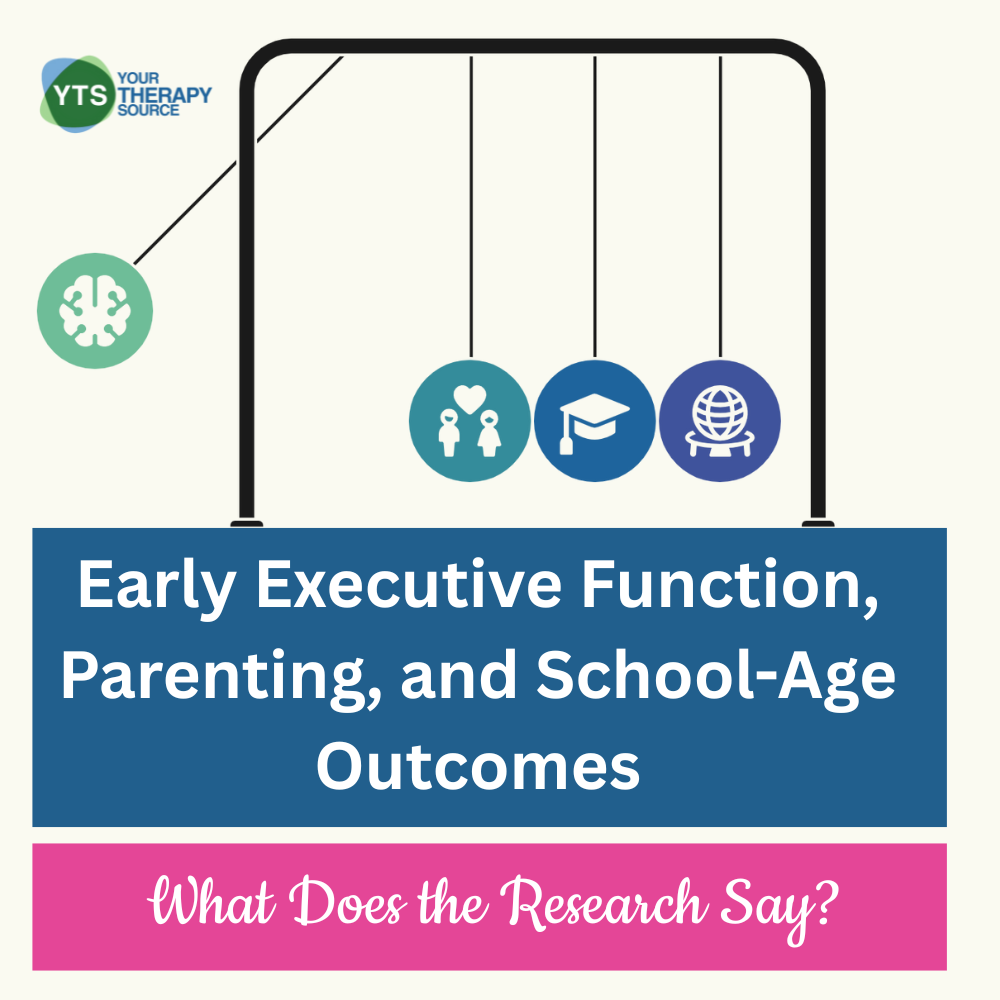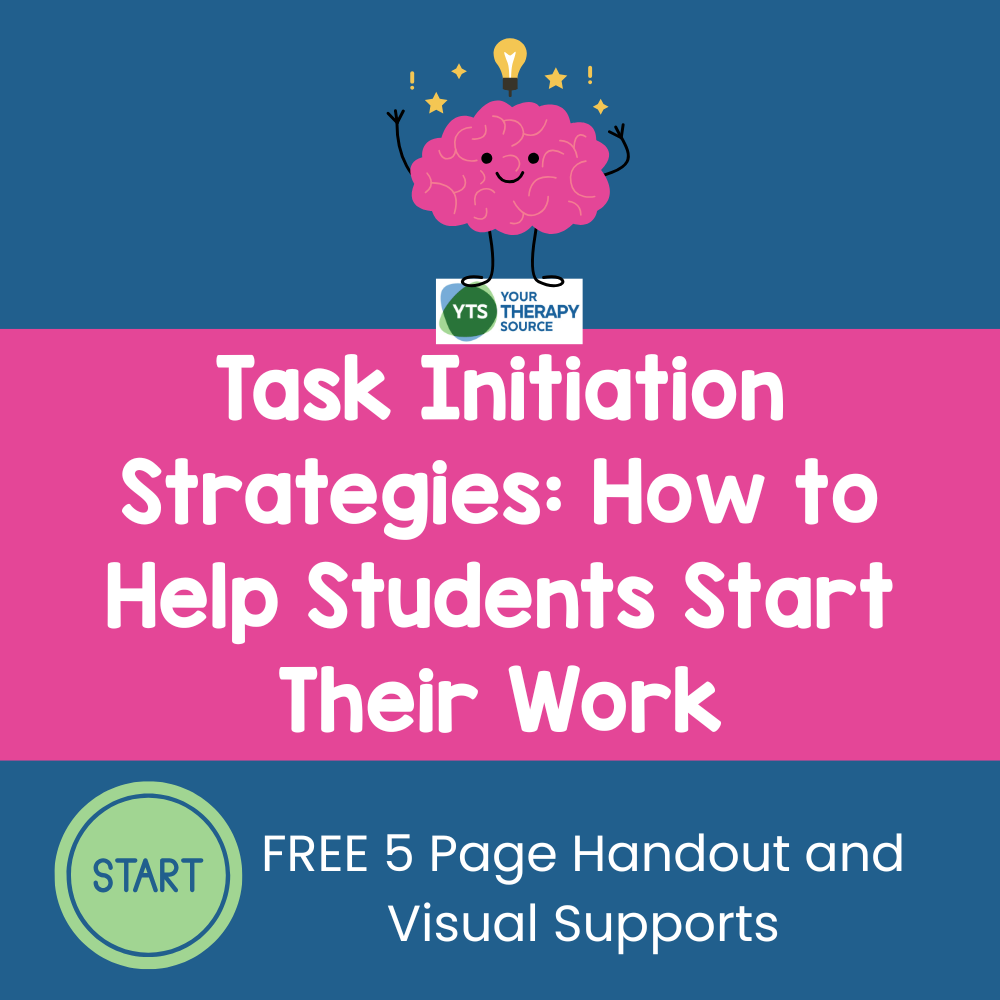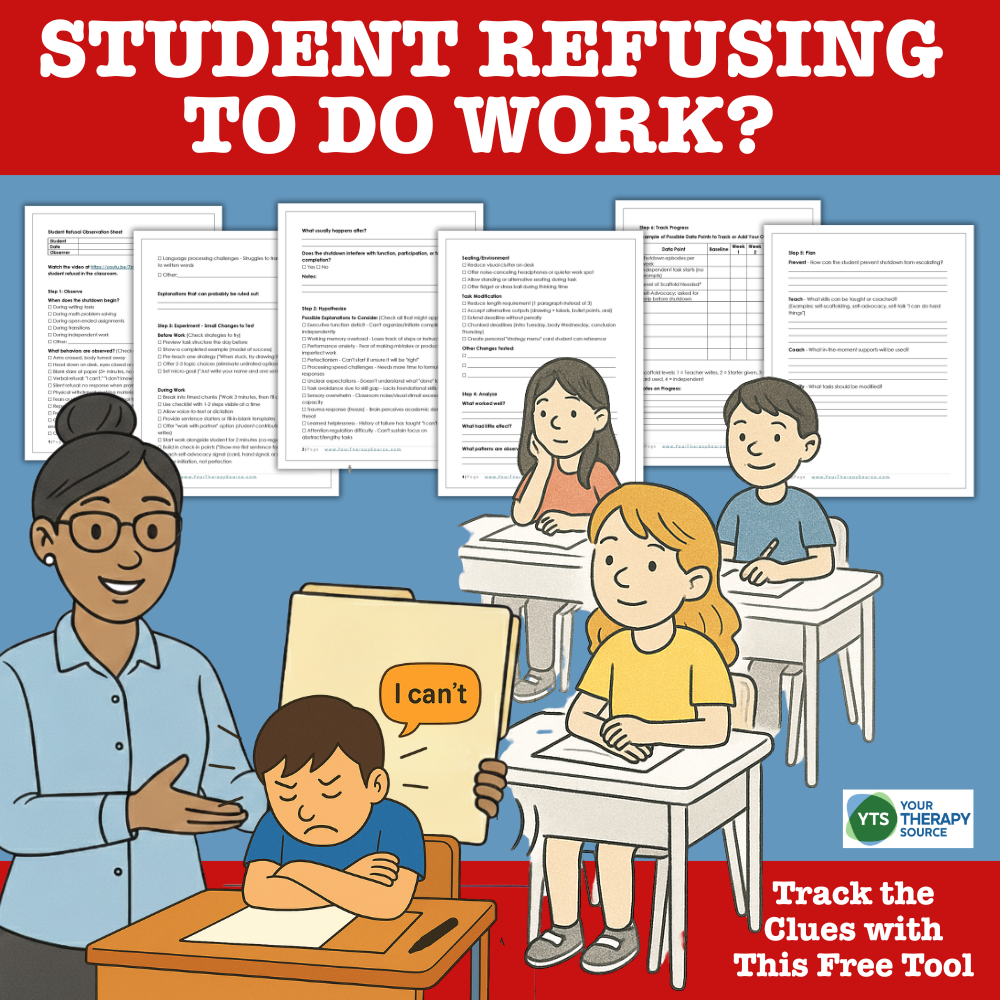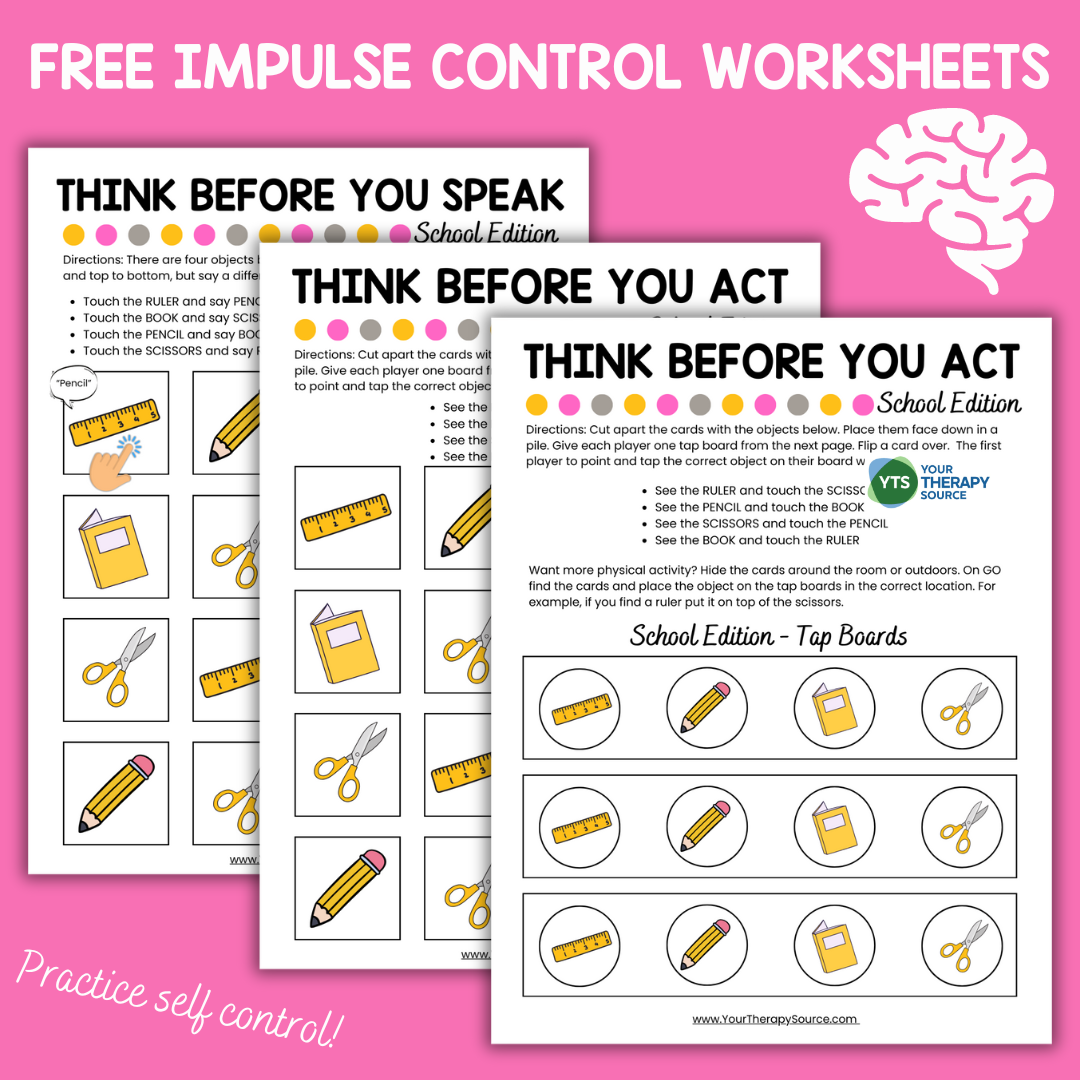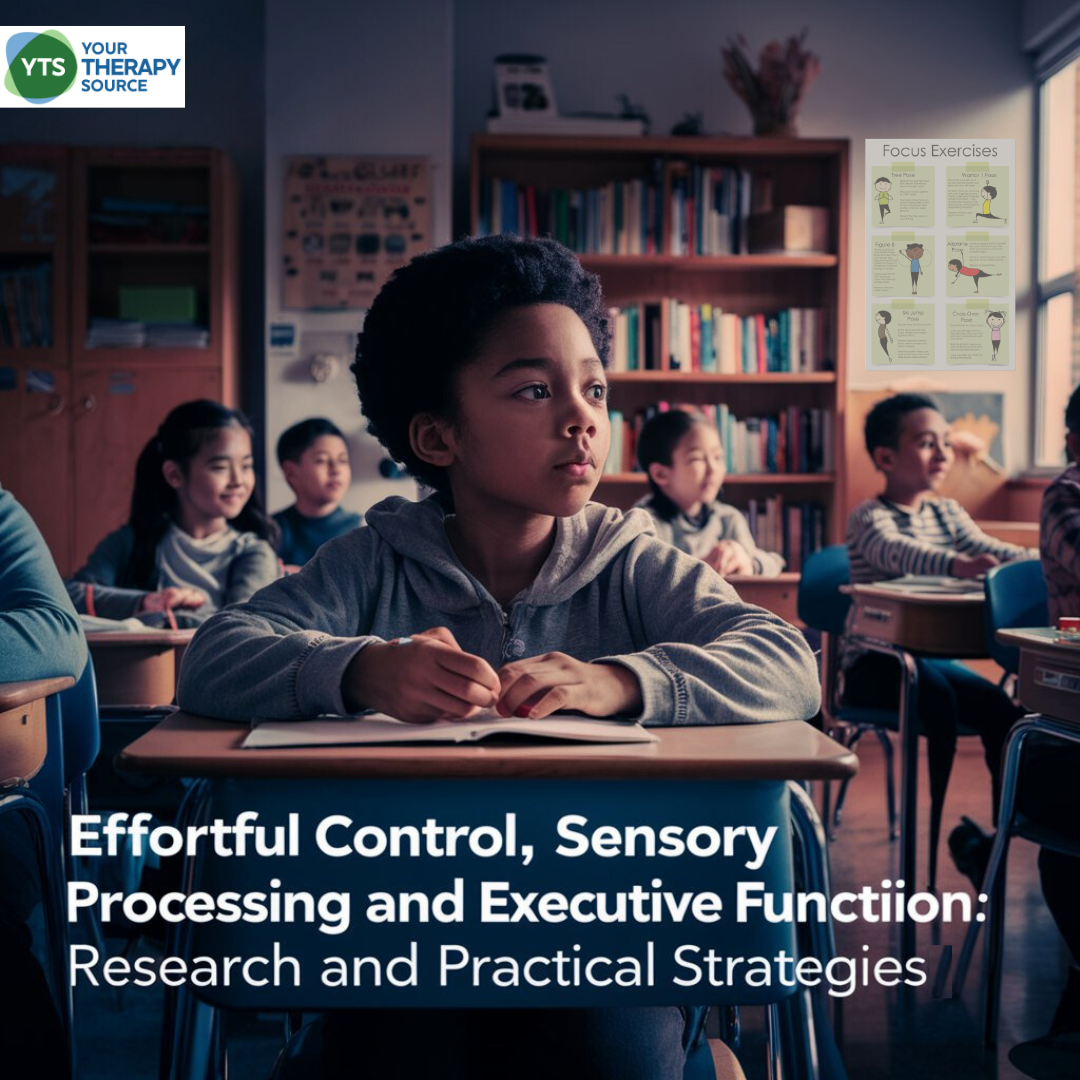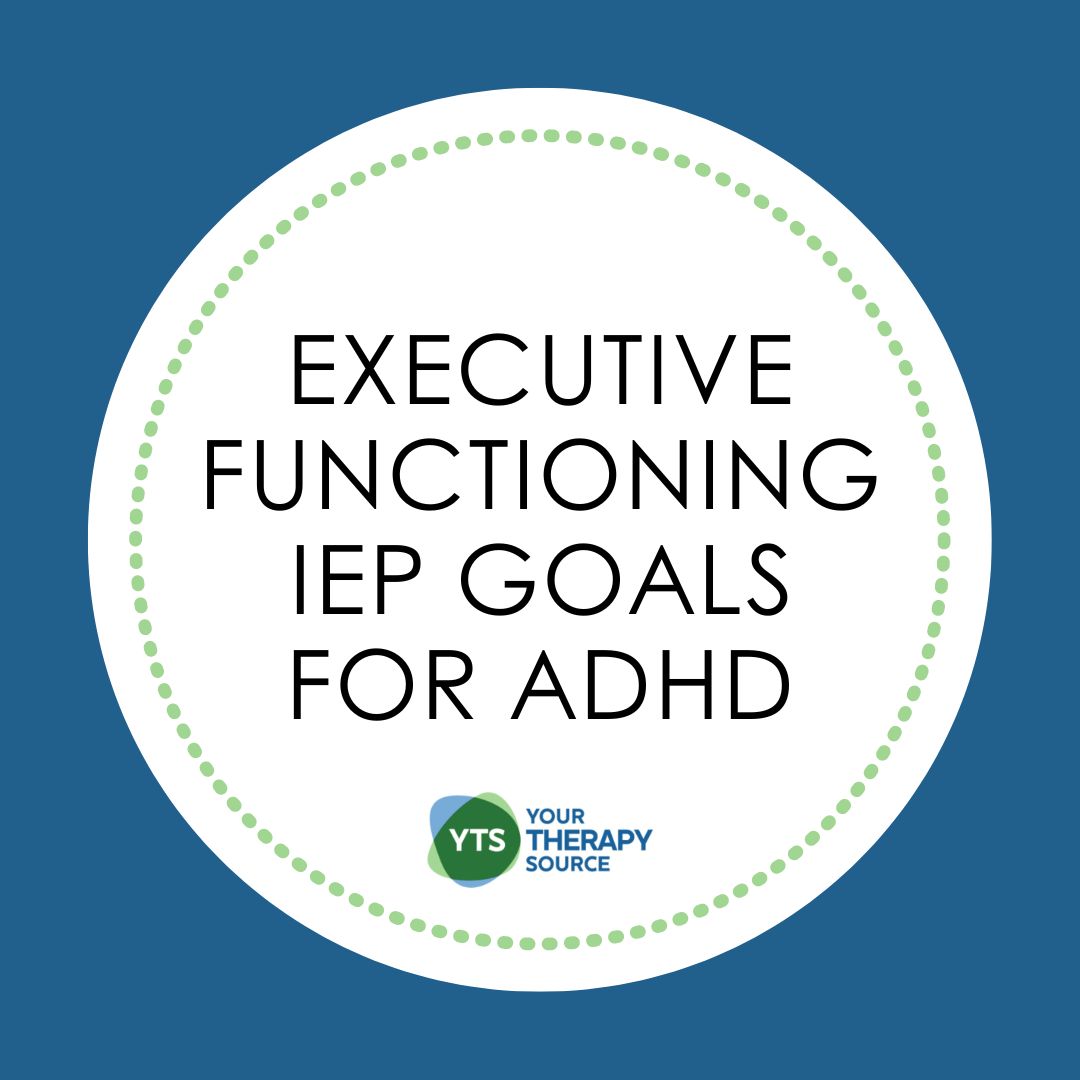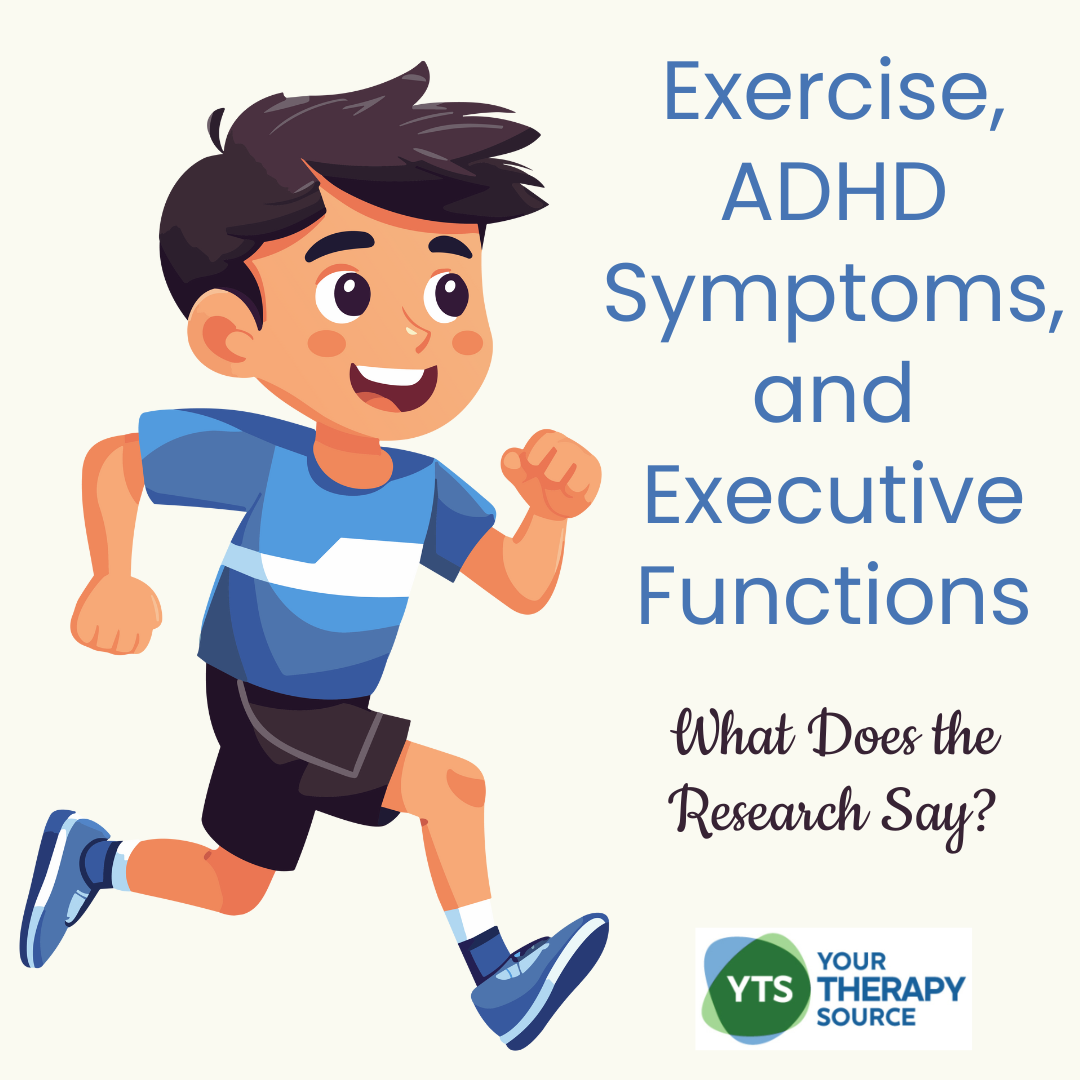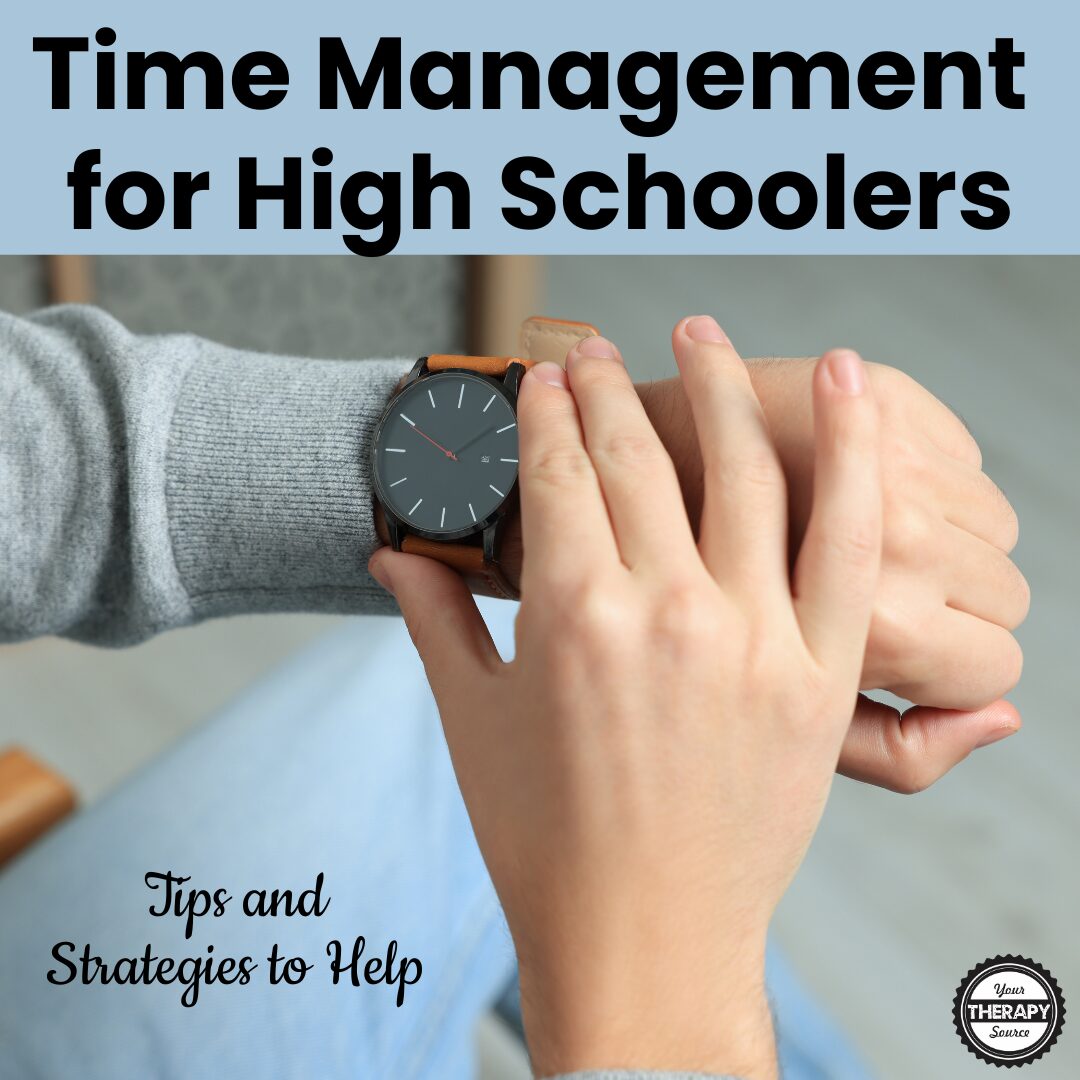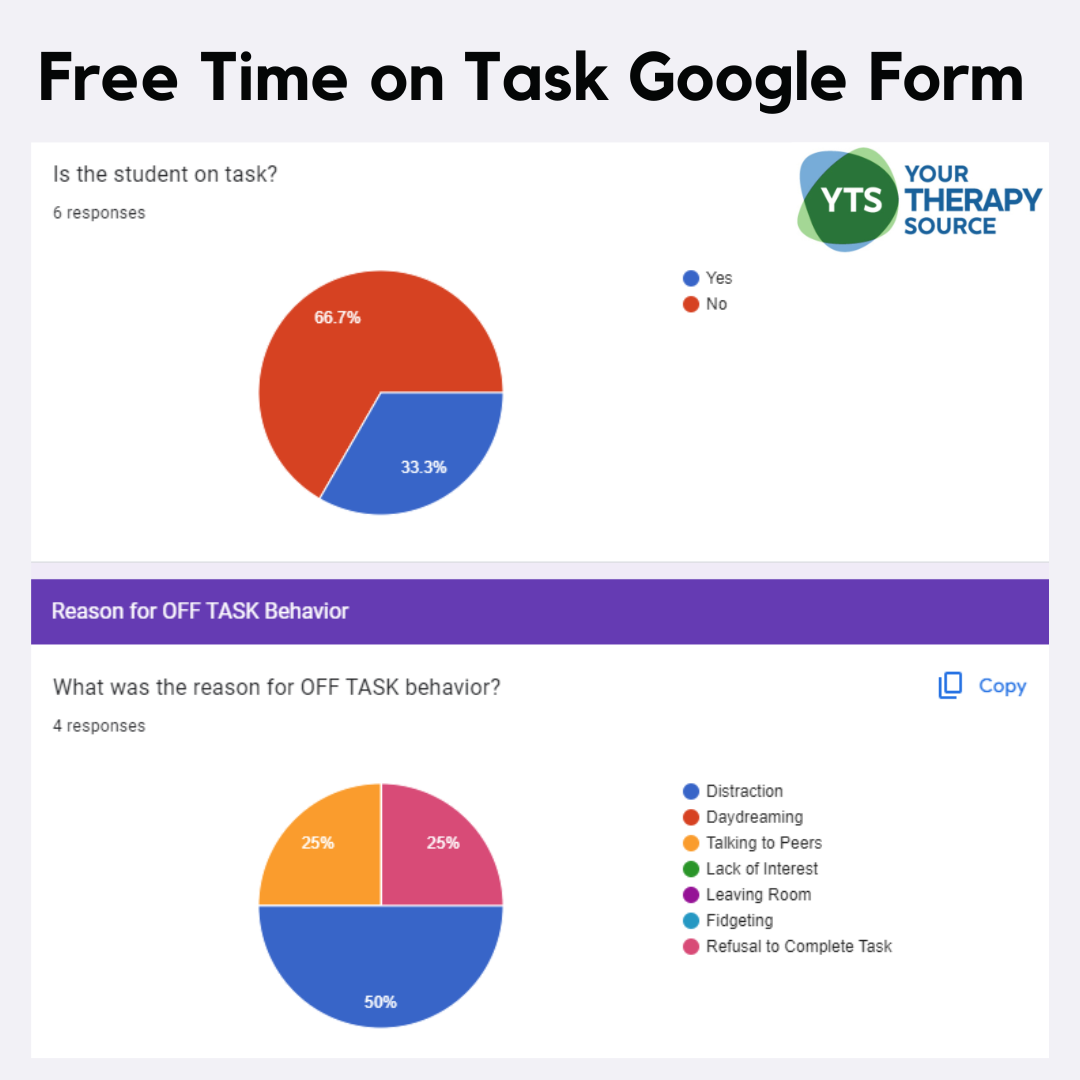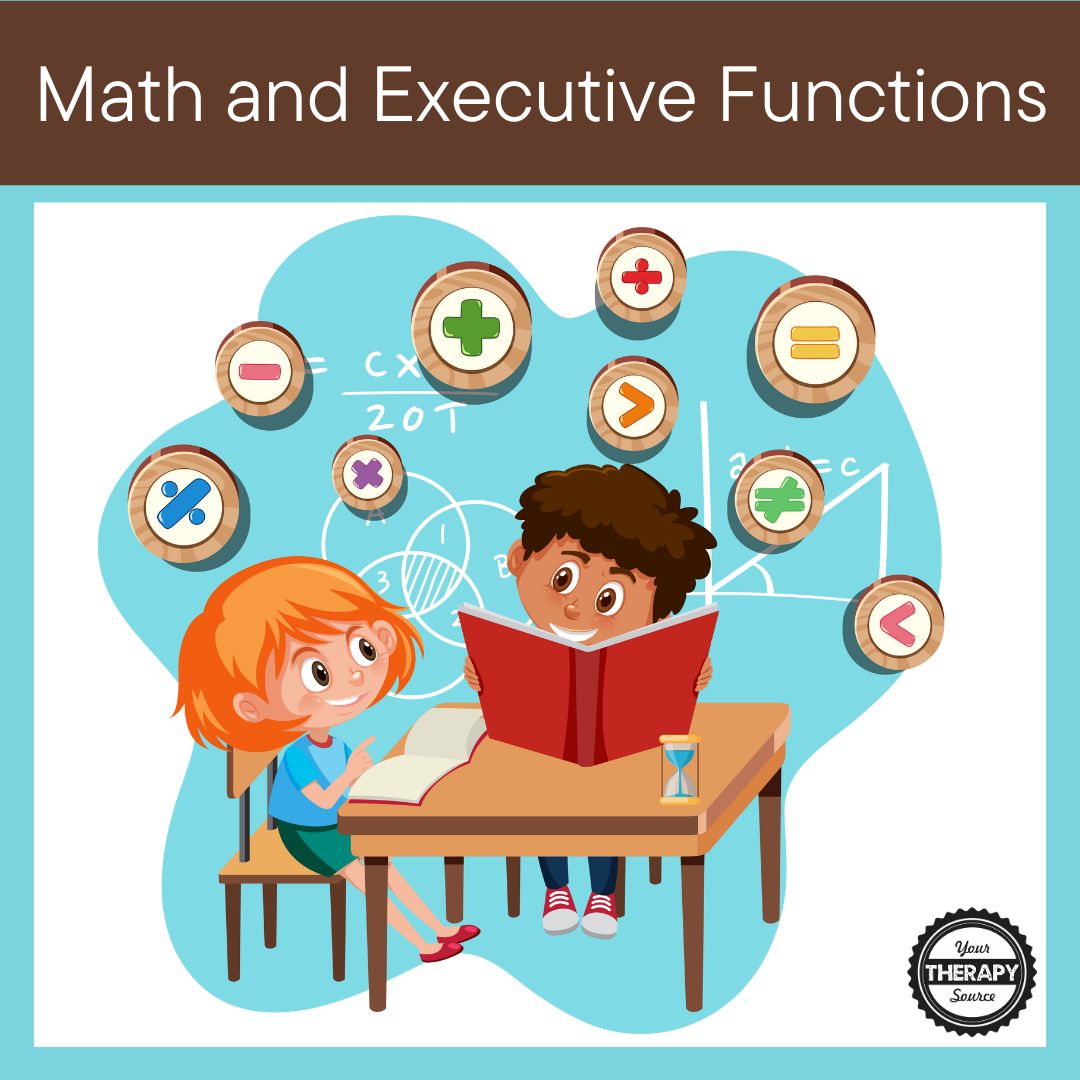Early Executive Function, Parenting, and School-Age Outcomes
A recent longitudinal study followed children from preschool age into third grade to understand how early executive function skills and parenting behaviors shape later resilience, self-regulation, and behavior. Findings from this research offer practical guidance for educators and pediatric therapists who support young children every day. Learn more about early executive function and parenting. How […]

